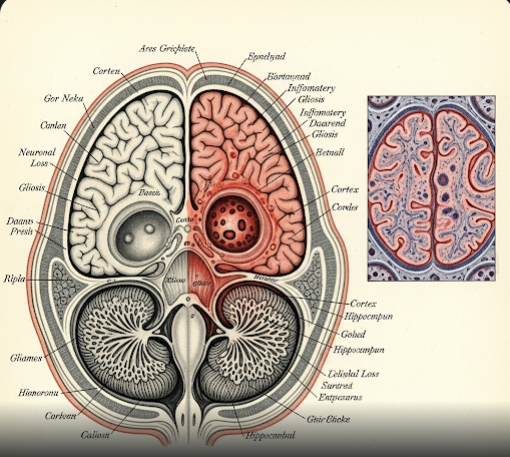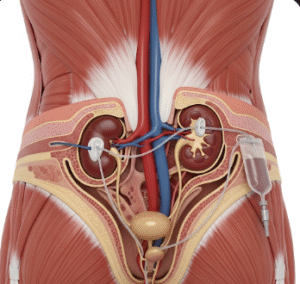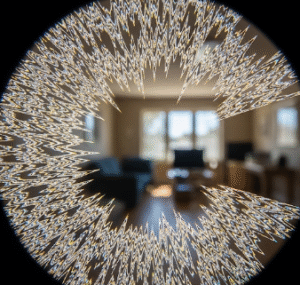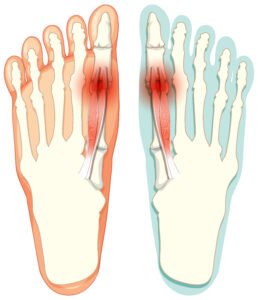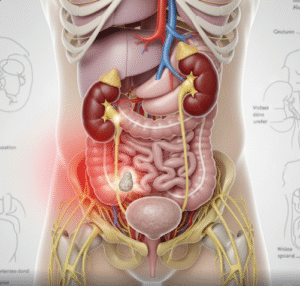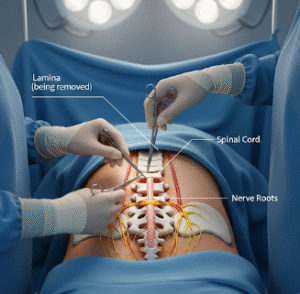Overview
Rasmussen’s Encephalitis is a rare, chronic inflammatory neurological disorder characterized by progressive brain inflammation that primarily affects one hemisphere. It leads to severe, drug-resistant seizures and gradual loss of motor and cognitive functions. In Korea, specialized neurological centers provide advanced diagnostic tools, medical management, and surgical options to improve patient outcomes and quality of life.
What is Rasmussen’s Encephalitis?
Rasmussen’s Encephalitis is a rare autoimmune condition where the immune system attacks brain tissue, causing persistent inflammation and neurological damage. It typically presents in childhood but can occasionally occur in adults. The disease predominantly affects one side of the brain, leading to hemiparesis and progressive neurological decline.
Symptoms
- Frequent, severe seizures (often focal or epilepsia partialis continua)
- Progressive weakness or paralysis on one side of the body (hemiparesis)
- Cognitive decline and speech difficulties
- Hemianopia (loss of vision in half of the visual field)
- Behavioral changes and developmental delays in children
Causes
The exact cause is unknown but involves an autoimmune response against brain neurons, possibly triggered by viral infections or genetic predisposition.
Risk Factors
- Childhood onset (most common in children aged 6-10)
- No well-defined genetic or environmental risk factors
- History of autoimmune disorders may contribute
Complications
- Intractable epilepsy resistant to medications
- Progressive neurological disability
- Cognitive impairment
- Impact on quality of life and daily functioning
Prevention
- No known prevention due to unclear etiology
- Early diagnosis and intervention can slow progression
Treatment Options in Korea
Diagnosis
Korean neurologists use MRI, EEG, PET scans, and brain biopsy to diagnose and assess the extent of brain inflammation and damage.
Medical Treatments
- Anti-epileptic drugs to control seizures
- Immunotherapy including steroids, IVIG, or plasmapheresis to reduce inflammation
Surgical or Advanced Therapies
- Functional hemispherectomy or hemispherotomy to control seizures in severe cases
- Vagus nerve stimulation (VNS) as adjunct therapy
Rehabilitation and Support
- Physical and occupational therapy for motor deficits
- Speech therapy
- Psychological support for patients and families
- Long-term follow-up and care coordination

